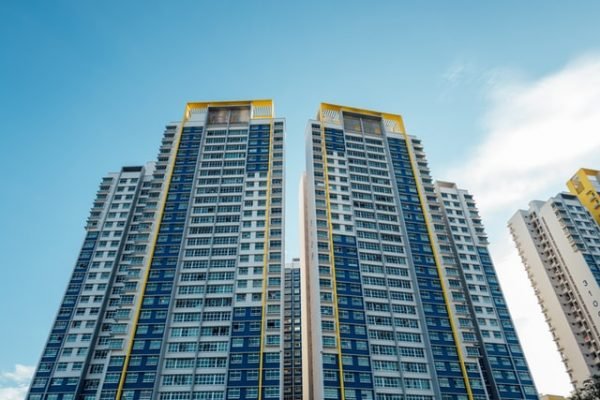
In many cities today, condos have become the new entry-level home. As condo ownership becomes more and more common, and as more tenants find themselves renting condos, it’s important for both renters and owners to understand what this means for their home insurance and what happens when they need to make a claim.
When there’s a fire in a condo building, the process can be much longer and more complicated than when there’s a fire in a single-family home.
How Structural Coverage Differs
When you own a condo, Structural coverage is very different than if you owned the whole property. Condo buildings are governed by boards or strata. The board takes out an insurance policy to cover damage to the main structure. The condo board’s policy covers the main structure and common areas, including hallways, staircases, elevators, and shared amenities.
This policy is paid for through the monthly fees that you pay, but the board or strata will handle the structural side of things with the insurance company. You will not have to deal with the insurer directly. However, this does mean that you won’t be as involved in the process should something happen, and you may feel as though you’re on the outside looking in, which can be frustrating when you are waiting to move back into your home. There is one gap to consider when it comes to your own condo fire insurance, and that’s upgrades that you’ve made to your own unit, such as countertops, appliances, and floors. These improvements will not be covered by the board’s insurance, and you should make sure your policy will account for them.
Why You Should Budget to Spend More Time Away Although condo buildings are built with fire-resistant materials meant to prevent the fire from spreading quickly between units, fires can still lead to major structural damage for the entire building. The process for repairing multi-unit buildings is considerably more expensive and complicated than a detached or semi-detached home.
This has important implications for your Additional Living Expenses coverage. ALE coverage should cover the expenses that you face when you’re unable to live in your own home. This includes costs such as staying in a rental and expenses like transportation, storage, and food that you face above and beyond your typical budget.
Because condo insurance claims and repairs can be more complicated and take longer, be mindful of the limit in your policy and be prepared to stick to a budget.
What You Should Know About Personal Contents
By and large, Contents coverage is the one area of a condo fire insurance claim that doesn’t differ as much compared to a claim for a detached home.
Contents insurance helps you replace lost personal belongings, such as your furniture, TV, computers, clothing, artwork, entertainment (such as records, Blu-Rays, and books), tools, and even dry or frozen food spoiled by the power being out or smoke. Contents coverage is especially important for condo renters because the condo building or the owner only has insurance to cover damage to the building itself. Your personal belongings are not covered by anyone else’s insurance in the event of a fire.

Speak Your Mind